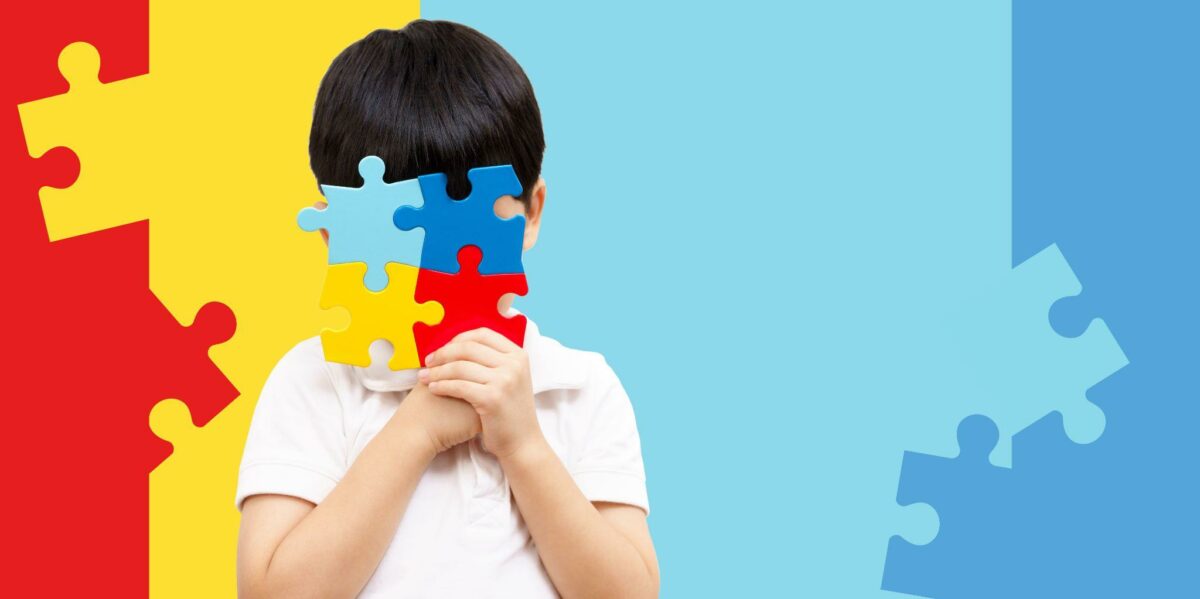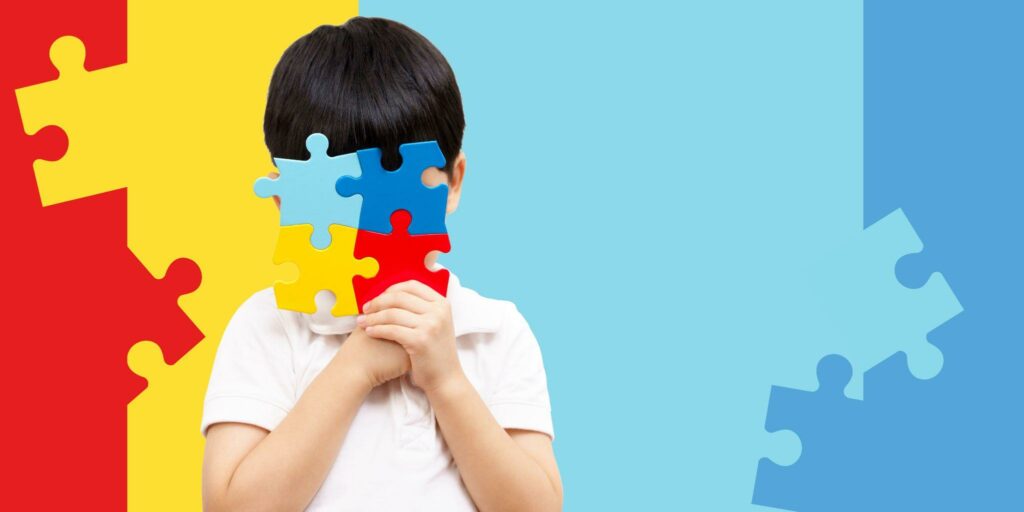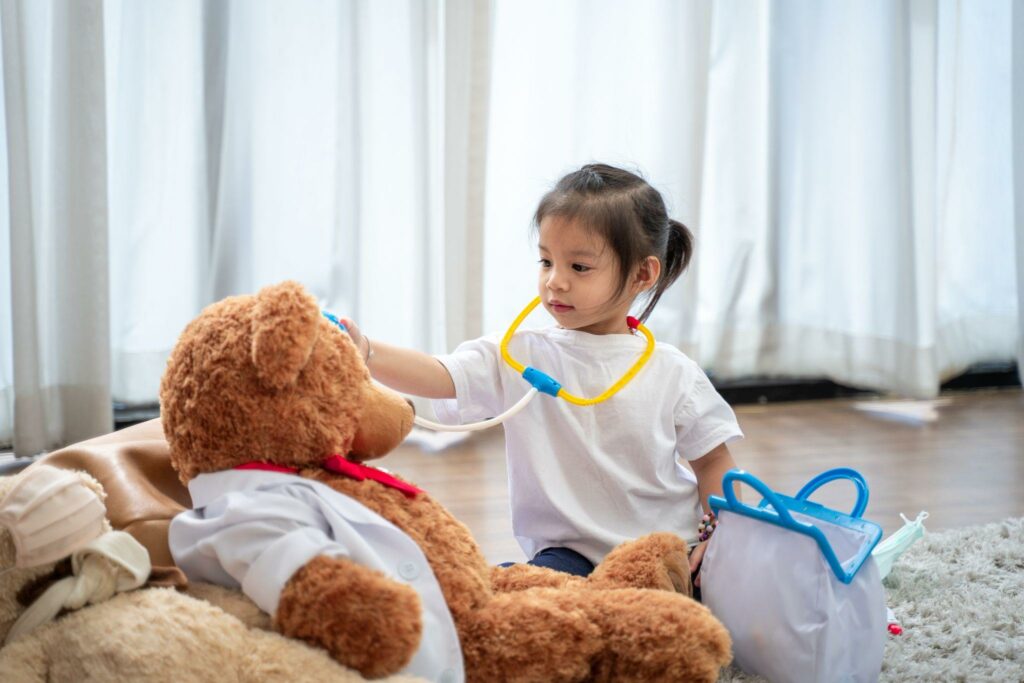
校園開放日
今年學校開放日主題係「攜手傳愛迎聖誕」
歡迎本園學生、畢業生、6歲以下小朋友同家長一同參加
日期:2024年12月21日 (星期六)
時間:下午12:30-16:30 (本校學生)
下午13:30-16:30 (其他人士)
地點:路德會包美達幼兒園
(何文田忠孝街89號包美達社區中心4樓)
當日有好多精彩活動,包括:聖誕遊戲、美藝創作、音樂律動、英語故事…… 而戶外操場更設有小朋友最喜愛的大型充氣彈床


校園開放日
今年學校開放日主題係「攜手傳愛迎聖誕」
歡迎本園學生、畢業生、6歲以下小朋友同家長一同參加
日期:2024年12月21日 (星期六)
時間:下午12:30-16:30 (本校學生)
下午13:30-16:30 (其他人士)
地點:路德會包美達幼兒園
(何文田忠孝街89號包美達社區中心4樓)
當日有好多精彩活動,包括:聖誕遊戲、美藝創作、音樂律動、英語故事…… 而戶外操場更設有小朋友最喜愛的大型充氣彈床


Written by: Hong Kong Speech and Swallowing Therapy Centre
Senior Speech Therapist Eunice Siu
In our daily interactions with others, we not only observe others’ behaviors, but also “explain” and “predict” others’ behaviors. Theory of mind is the ability to infer or substitute other people’s mental states, such as their thoughts, beliefs, desires, and intentions, etc., and to use this ability to explain other people’s thoughts, perceptions, and predict their behaviors. Theory of mind can be subdivided into “emotion recognition”, “beliefs” and “pretend play”.
The developmental period for children’s theory of mind is from approximately 3 to 7 years of age. However, before the age of 3, children need to master the following skills to effectively develop theory of mind skills.
1. noticing and imitating the behavior of people around them
2. recognizing the emotions of others and using words to express them (e.g., happy, sad, angry, surprised)
3. participates in pretend play
4. understands that different people have different desires and preferences
5. understands that people will act to get what they want (e.g. reach for candy)
6. understands the causes and consequences of unsympathetic emotions (e.g. if I hit my brother, my mom will be mad and then she will scold me)

Ways to improve theory of mind are:
1. Use more psychologically relevant words when talking to your child
Using psychologically related words to communicate with children can help children understand their own and others’ psychological conditions more specifically. Examples of psychologically related words are “think,” “pretend,” “know,” “believe,” “feel,” and words related to emotions. Pay attention to what your child is trying to say and then respond. For example, “Ah! You want cake”, “Don’t be afraid! You think I’m gone, but I’m still here,” and “Mommy’s mad at you for hitting your brother. Parents can also explain to their children the psychological situation of others, e.g., “Mei-mei is smiling so much when she receives a birthday present, she should be very excited.
2. Participate in role-playing games with your child
Role-playing games encourage children to put themselves in different situations and characters’ perspectives to draw inferences about their behavior. To begin, children can pretend to be common everyday characters, such as mothers, doctors, teachers, and drivers. Parents should pay attention to the fact that both the words and behaviors in the game should be substituted for the role played. This activity helps children experience a variety of emotions, thoughts and interactions in different social situations, and learn to observe, imitate, anticipate, review and adjust their thoughts and behaviors.

I hope parents can make good use of the opportunity to share and communicate more with their children in daily life, so that they can learn to “look at people’s eyebrows and eyes” (meaning read people’s faces) and become a “mind-reading detective”!
Source:
Hollin, P., Baron-Cohen, S.,& Hadwin,J.(1999). Teaching children with autism tomind-read. West Sussex, England: Wiely Press
Lowry, L.(2015).” Tuning in” to others: How young children develop theory of mind. The Hanen Centre.
Spastics Association of Hong Kong (2005). Connecting: Developing social skills in children with autism. Spastics Association of Hong Kong.


Written by :Family Dynamics Child Play Therapist
Marriage and Family Therapist, Ms. Lee Wai Zi
In today’s society, it is indeed not easy for parents to maintain a good state of mind and body. I have met with many parents and found that the difficulty most parents face is not that they do not understand their children’s feelings and needs, or that they do not know how their behavior affects their children, but that it is difficult to maintain a trusting and optimistic attitude towards their children when they are in a situation. Often, parents become increasingly anxious as they worry that their child’s problems will continue and worsen, and repeat ineffective ways of dealing with their child’s problems.
So, how can parents maintain the best mental state to face the stress and challenges of disciplining their children? Here are some tips for parents to consider:
1. Be more sensitive to your own stress levels
Parents are human beings, so there will be times when they are depressed or physically and emotionally exhausted. The purpose of parents being sensitive to their own mental state is to remind themselves that they need to take care of their own needs first. It is difficult for parents to be sensitive and responsive to the needs of their children when they are in a highly stressed state. Conversely, inappropriate responses may harm the child and damage the parent-child relationship.
2. Use resources effectively to relieve stress
When parents feel stressed, they should try to explore and make good use of their own internal and external resources to regulate their negative emotions. For example, find family members or friends to talk to, do things that can relax you, and find positive thoughts and beliefs to encourage you. The purpose is to give yourself a proper rest and temporary relief from stress.

3. Turn your mind around and reflect
If a parent’s stress continues and increases, professional help is needed. Sometimes, these pressures come from more than just external influences. Parents’ self-worth, worldview, and perceptions of things can affect how we parent. For example, some parents worry that they are not doing enough to fulfill their parental responsibilities and end up pushing their children to study or participate in activities, or even that they are not flexible enough to respond to their children’s needs when they are stressed and negative. If
parents are aware of and take care of their own feelings and needs, they can prevent their negative emotions from affecting the next generation.
Therefore, parents who love their children must first love themselves. Only when parents are healthy and happy can their children grow up healthy and happy.